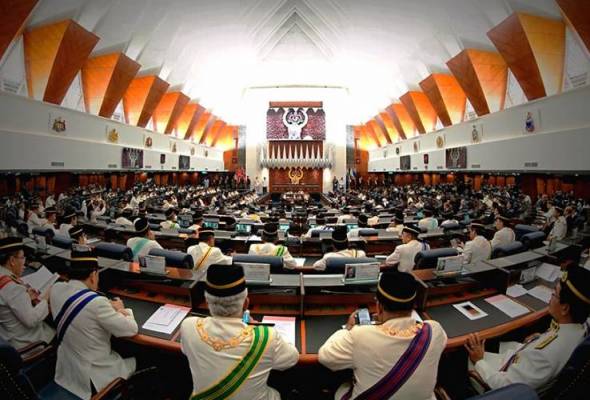
I am saddened by the recent passing of the late Cadet Zulfarhan Osman, a third-year student at Malaysian National Defence University (UPNM) and the late T. Nhaveen, an 18-year-old teenager. Their tragic murders provide solid evidence on the rampant crime of bullying.
These incidents have exposed us to the problem of bullying, which may occur at higher levels of educational institutions and not limited to school-based occurrences.
Bully and ragging have long been an emblematic rot in society. But do we need to see more deaths before we taking stern action? We must put an end to it. As a mother, my heart goes out to the grieving family members – for such cruelty to be inflicted on both the boys.
Although the latest statistics presented by the Ministry of Education presents a decrease in the number of reported bullying cases at a school level (from 4,159 cases in the year 2012 to 2,968 in 2015), it is clearly not a direct reflection of solved cases or eradication of bullying culture.
Behind thousands of reported cases, there is significant number of victims unwilling to step forward, or bullying cases which were handled internally to avoid unwanted attention and in the interest of institutional dignity.
While the five suspects involved in the bullying case of the late Cadet Zulfarhan have been charged at a Magistrate Court, there is an urgent need to strengthen anti-bullying efforts.
In specific relation to Zulfarhan and Nhaveen, I second the suggestion made by Women, Family and Community Development Minister Datuk Rohani Karim for those responsible to be tried under the full extent of the law for their heinous crimes.
But bullying cases must be addressed holistically.
From the outrage that accompanied the cruel bullying led murders, a special committee must be created to establish a detailed insight into bullying crimes at various levels.
Bodies such as the Higher Education Ministry (KPT), university administration, public representatives, agencies and non-governmental organisations (NGO) must play relevant and more collaborative roles to mobilise efforts which would raise awareness related to combating the crime of bullying.
In addition, the Higher Education Ministry (KPT) needs to review the training module of UPNM and other higher education institutions in order to streamline the system, discipline and conduct of students.
On a larger scale, a special act associated with prevention of bullying crime at schools and higher education institutions must be formulated to defend the victims and demand for justice in the long run.
Such anti-bullying acts have been introduced in Canada and United Kingdom to combat the crime of bullying.
Subsequently, it showcases the seriousness of the governments in those countries towards fighting bullying crime.
Also, collective collaboration between existing ministries including Ministry of Youth and Sports, Ministry of Health and Ministry of Women, Family and Community Development may help in curbing the factors of widespread bullying culture in a comprehensive manner. Leaders, including the Prime Minister, should also lead by example – especially since he is seen as condoning bullying across partisan lines.
It’s time to take more steps beyond the outrage that was generated from the senseless and cruel torture inflicted on the two young souls, Zulfarhan and Naveen. It’s time bullying stopped.
Nurul Izzah Anwar
Member of Parliament Lembah Pantai
Vice President and Election Director of KEADILAN





